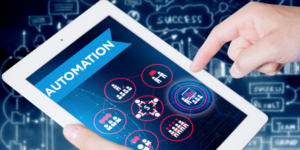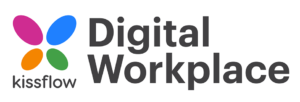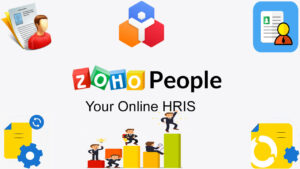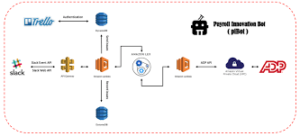By Preeti Singh
HR technology the figurative immune system of an organization’s HR function. Technology adoption in the HR domain is imperative as it enhances productivity, increases creativity, and improves overall employee engagement. AI-enabled recruiting tools, blockchain technology for database and process management, and remote collaboration platforms are some of the interesting areas that have been attracting investments from multinational organizations.
HR Technology in Workplace Automation

It is believed that the automation industry has progressed leaps and bounds in the last five years than what was witnessed in the past 50 years. A Tokyo-based ERP system provider AI Works declared that its HCM system is so intuitive that it gets smarter each time as it learns about the information required for decision-making, saving time, and reducing errors. If this is the state of today’s automation, imagine the world of HR a few years down the lane.
With an increased focus on cloud based HCM, payroll, and management services, several companies had already begun charging towards migration to cloud computing. Now, the pandemic and its immediate consequences have only catalysed this trend. Training and development is another arena that has turned to gamification and virtual reality to drive effective talent engagement and productivity within organizations.
Transition in Recruiter’s Experience post-remote working

Due to the recent shift to remote working, there has been a significant change from the in-person recruitment process to the virtual interview and hiring process. Fortunately, this change has been underpropped by newer and progressive technologies that have revolutionized a recruiter’s life. Online assessments and virtual interviews of candidates have taken prominence over traditional hiring methods. AI-based HR applications will make recruitment more efficient and enable scouting through hundreds of resumes in a relatively lesser amount of time.
While organizations’ entire workforce is scattered across the globe, the concept of collaborative working had been put to the test. Several collaborative project management applications have been developed to enhance remote team productivity through various project tracking features like document sharing, project updates, and facilitate better communication among teams. As a result, collaborative working has been reinforced into the current and future workforce agenda.
Kissflow HR Cloud

Kissflow is an all-in-one HR Cloud that enables businesses to create, modify, and manage their HR processes in an efficient way. Kissflow comes pre-equipped with an array of HR management modules from applicant tracking and employee onboarding to performance reviews to offboarding and succession management.
Zoho People

Zoho People is a cloud-based HR management software used to help organizations manage and organize employee data. Designed with small and medium businesses in mind, it can also cater to enterprise businesses as well. There’s a number of tools on the platform, letting you track leaves, manage timesheets, create custom forms, manage performance appraisals, and more.
iCIMS Talent Acquisition

This is an employee onboarding software that offers a number of dynamic features including a customizable career portal that lets candidates search for career opportunities. For businesses interested in useful HR tool, this can go a long way in accelerating and simplifying the talent acquisition process.
ADP

ADP is a cloud-based HR tool. When compared to other HR tools that provide specific solutions, ADP is an all-in-one solution that unites HR, payroll, talent, time, and tax and benefits administration. ADP is used by over 650,000 clients in more than 110 countries. It’s an online HR tool that can be implemented by businesses of all types and sizes. ADP was awarded the HR Management Solutions Company of the Year Award by Frost & Sullivan in 2016. It also received an AA credit rating from Standard & Poor and Moody’s.



